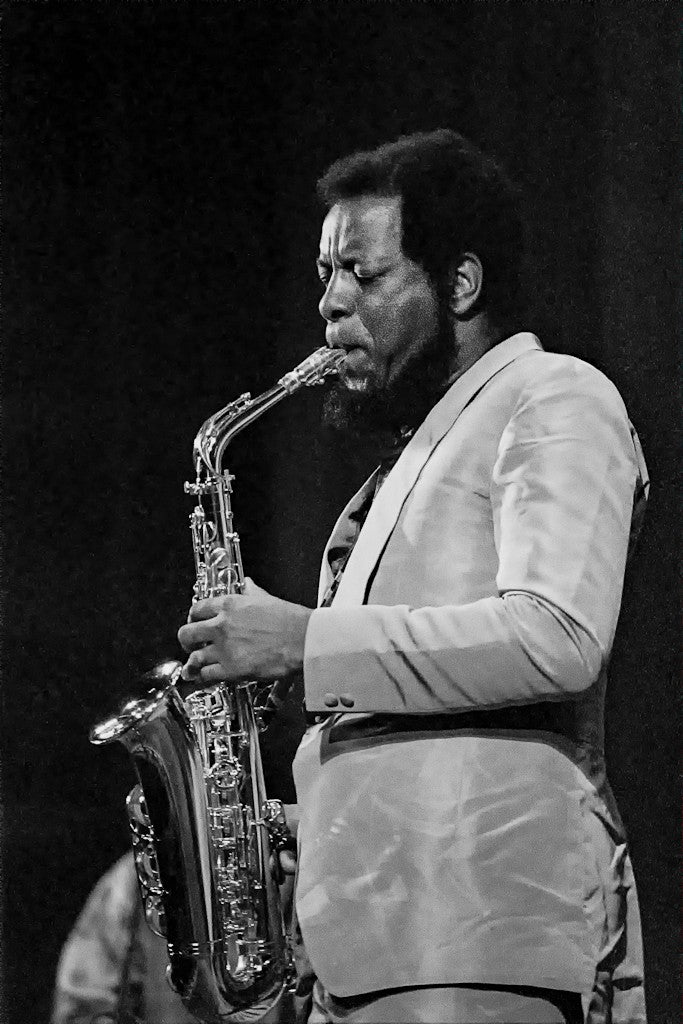Ornette Coleman

Ornette Coleman was born in Fort Worth, Texas in 1930. He began playing the alto saxophone at the age of 14, which he learned practically on his own, and soon afterwards switched to the tenor saxophone. He first played in small bands in his hometown, then in New Orleans, before joining a blues band in Los Angeles.
He recorded his first album for Contemporary Records with a classical quartet (piano, bass, drums) in 1958, but it is his second album Tomorrow Is the Question! (1959) that really launched his career. The following year, he signed with Atlantic, for whom he recorded several albums (including The Shape of Jazz to Come, one of the first avant-garde albums), before joining the prestigious Blue Note label in 1965.
In the early years of his career, his albums divided critics and musicians. His unstructured style caused a scandal; some considered him a visionary genius, others an impostor. Coleman rejected the usual constraints of jazz, its harmonic, rhythmic and melodic codes. He prefers to embark on free jazz solos that are so confusing.
Never yielding to the dictates of fashion and marketing, Ornette Coleman continues to multiply experiences and encounters, notably with musicians from North Africa (Joujouka) but also with percussionists, poets and rappers. He recorded his last album in 2005, ten years before his death, and in 2007 he received a Grammy Award for his life's work.
Jazz is the only type of music where you can play the same note night after night, but in a different way each time.
Photo credit: Jean-Pierre Roche